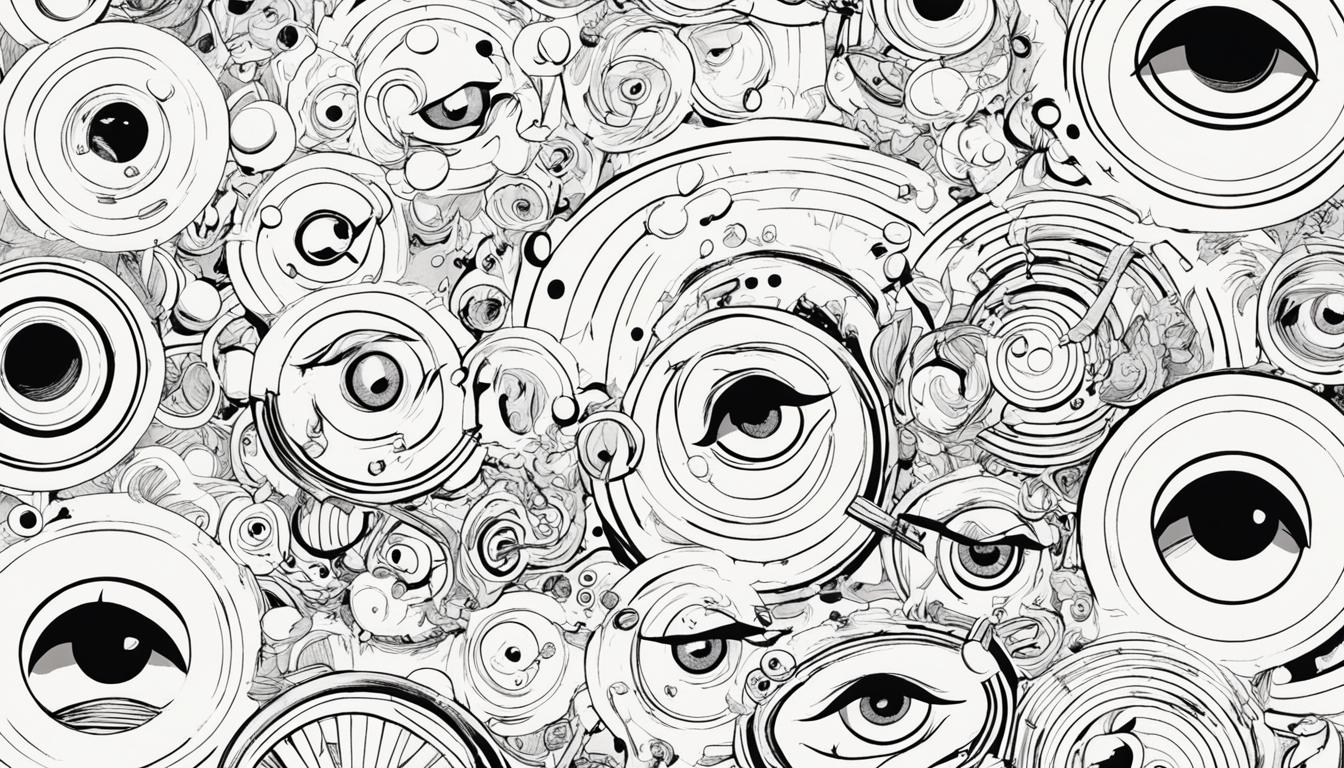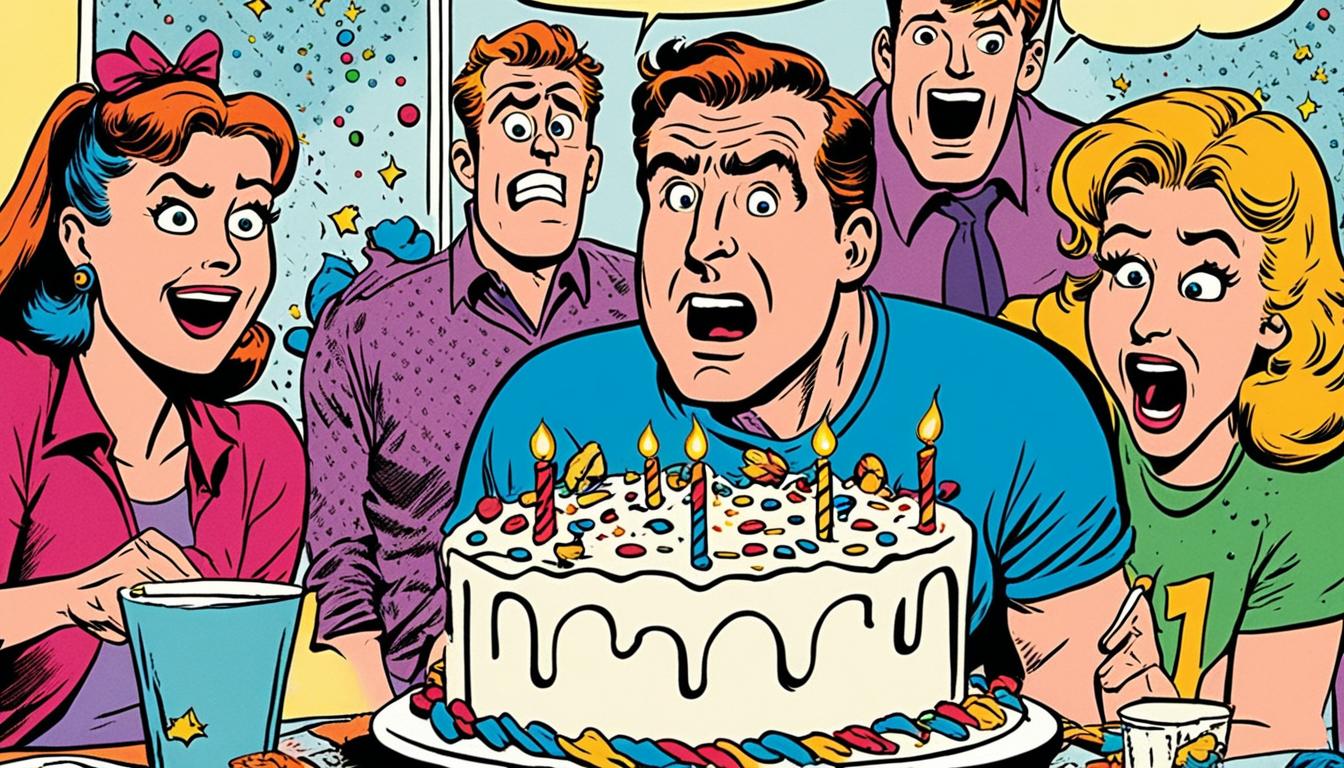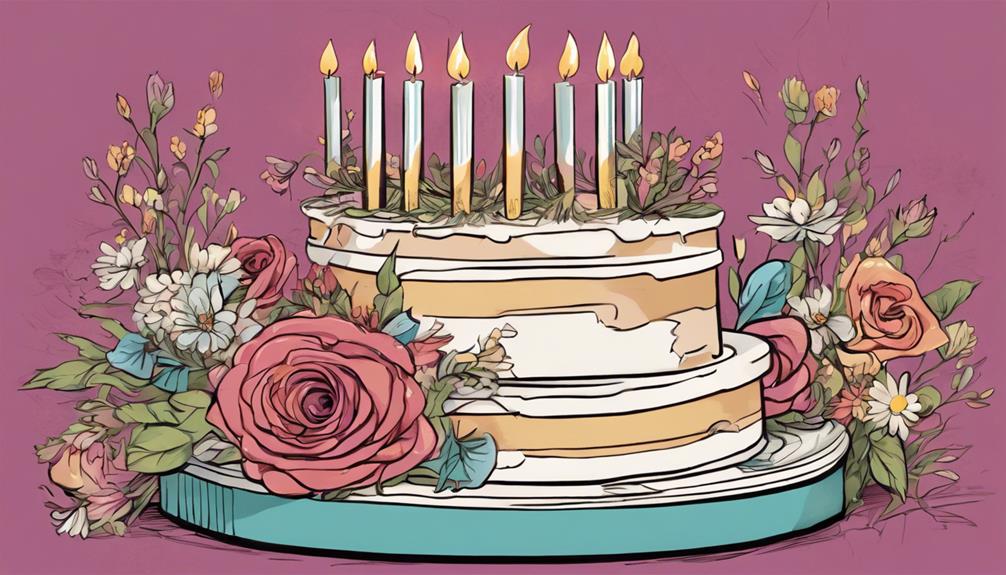When the weight of the world becomes too much to bear, sometimes all we can do is express our exhaustion. These tired quotes, exhaustion sayings, and fatigue phrases perfectly encapsulate the feeling of being utterly drained, both physically and emotionally. Whether you’re dealing with burn-out quotes, sleepy expressions, or just a long day, these words can provide a sense of comfort and solidarity. They serve as a reminder that you’re not alone in your weary words, drained utterances, and lethargic lines.
Key Takeaways
- Discover relatable quotes that capture the essence of exhaustion and fatigue
- Find solace in shared experiences expressed through enervated expressions and languorous lingo
- Explore the mental, emotional, and physical toll of daily challenges
- Gain inspiration to persist through the drained utterances and lethargic lines
- Recognize the importance of self-care and stress management
Introduction to “I’m Tired” Quotes
The words “I’m tired” can hold a profound significance, resonating with individuals who are grappling with the overwhelming feeling of exhaustion. These tired sayings, fatigue quotes, and burn-out expressions provide a poignant glimpse into the human experience, where the weight of the world can become too much to bear.
When the Weight of the World Becomes Too Much
From the sleepy lines of those striving to keep their eyes open to the weary phrases of those who feel their energy drained, these drained words and lethargic utterances serve as a universal language for the enervated lingo of the human condition. They give voice to the languorous quotes of those who feel the burden of daily life becoming increasingly difficult to carry.
Quotes that Perfectly Encapsulate Exhaustion
Whether it’s a simple statement like “I’m so tired, I could sleep for a week” or a more profound expression of despair and hopelessness, these tired sayings capture the multifaceted nature of tiredness. They provide a sense of shared experience, offering comfort and validation to those who feel like they are trudging through life with a heavy heart and weary limbs.
“I’m so tired, I just want to sleep forever.” – Anonymous
This quote speaks to the depth of the exhaustion, where the mere act of living becomes a constant struggle, and the desire for respite seems like the only solace.
As we delve deeper into the realm of “I’m tired” quotes, we uncover a tapestry of emotions and experiences that unite us in our shared humanity, reminding us that we are not alone in our moments of weary despair.
Exploring the Depths of Exhaustion
Exhaustion can manifest in various forms, encompassing physical, mental, and emotional fatigue. Physical exhaustion can be caused by strenuous activity, lack of sleep, or chronic illness, leaving the body craving rest and recovery. Mental stress, such as a constantly racing mind and tension, can also lead to feelings of depletion. Emotional turmoil, whether it’s anxiety, depression, or a general sense of hopelessness, can further contribute to the overwhelming experience of exhaustion.
The Impact of Exhaustion on Daily Life
The impact of this multifaceted fatigue can be significant, making it difficult to engage in daily tasks, work, or social activities, and potentially leading to health problems. Exhaustion can impact productivity, social interactions, and overall well-being, underscoring the importance of addressing these deeper issues.
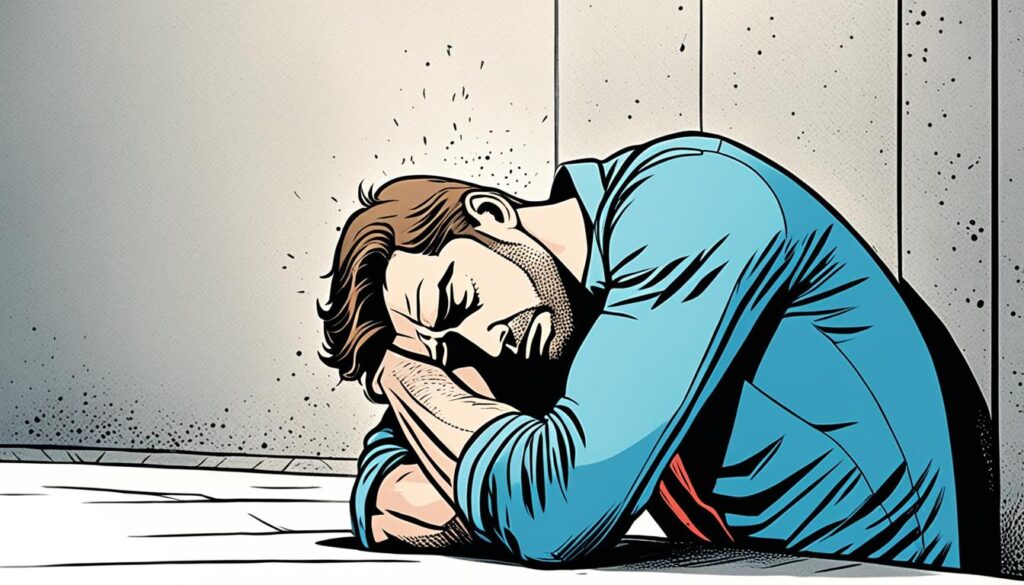
Coping with exhaustion requires a holistic approach, incorporating physical, mental, and emotional self-care strategies. Exercise, a balanced diet, and quality sleep can help alleviate physical fatigue, while mindfulness practices, therapy, and social support can address mental and emotional turmoil. Recognizing the various dimensions of exhaustion is the first step towards reclaiming one’s energy and finding a path to renewed vitality.
Overwhelm: “I’m Tired of Feeling Like I’m Drowning”
The phrase “I’m tired of feeling like I’m drowning” captures the overwhelming experience of fatigue and stress that many individuals face. When the demands of work, school, relationships, or personal finances become too much to handle, it can leave you feeling inundated and unable to catch your breath. This sense of overwhelm is often accompanied by symptoms like anxiety, depression, and an inability to cope with everyday tasks.
Addressing this feeling of drowning requires a multifaceted approach to stress management and finding a better work-life balance. It’s important to recognize the signs of overwhelm and take proactive steps to alleviate the burden before it takes a toll on your mental and physical well-being.
- Prioritize self-care activities, such as regular exercise, a healthy diet, and adequate sleep, to build resilience and manage stress.
- Identify areas of your life that are causing the most strain and explore ways to simplify or delegate tasks.
- Practice relaxation techniques, such as deep breathing, meditation, or mindfulness, to calm your mind and body.
- Seek support from friends, family, or professional counselors to help you navigate the challenges you’re facing.
Remember, you don’t have to face the feeling of overwhelm alone. By implementing strategies to reduce stress and improve your work-life balance, you can regain a sense of control and prevent the feeling of drowning from consuming you.

“I’m tired of feeling like I’m drowning in a sea of responsibilities. I need to find a way to manage my time and stress better.”
tired quotes: Voices of Despair and Hopelessness
The profound exhaustion that can accompany the constant battles of life is poignantly captured in the quote, “I’m so tired of fighting. I just want to give up.” This sentiment reflects the depths of despair that can arise when individuals feel overwhelmed by the weight of their struggles, both big and small.
According to the World Health Organization, depression affects more than 300 million people globally. This debilitating mental health condition can manifest in various ways, including feelings of sadness, loss of interest, sleep and appetite changes, irritability, and a pervasive sense of hopelessness. For those experiencing multiple symptoms of depression, seeking professional help is crucial to receive the necessary treatment and support.
The Weight of Constant Battles
When life feels like an endless series of battles, the burden can become increasingly difficult to bear. Depression can lead to a profound sense of alienation, a loss of self-worth, and a detachment from the world around us. As individuals grapple with the futility of their efforts, they may find themselves longing for an escape from the relentless cycle of despair.
“I’m so tired of fighting. I just want to give up. The meaning of life has become a distant, elusive concept, and I feel trapped in a hopeless cycle of exhaustion and despair.”
The Erosion of Hope
The chronic fatigue and emotional turmoil associated with depression can slowly erode an individual’s sense of hope. The desire to give up and succumb to the overwhelming feelings of despair and hopelessness becomes a common sentiment expressed in “I’m tired” quotes. As people struggle to find purpose and meaning amidst the chaos, they may feel like they are falling endlessly without reaching a bottom, lost in a perpetual state of despair.
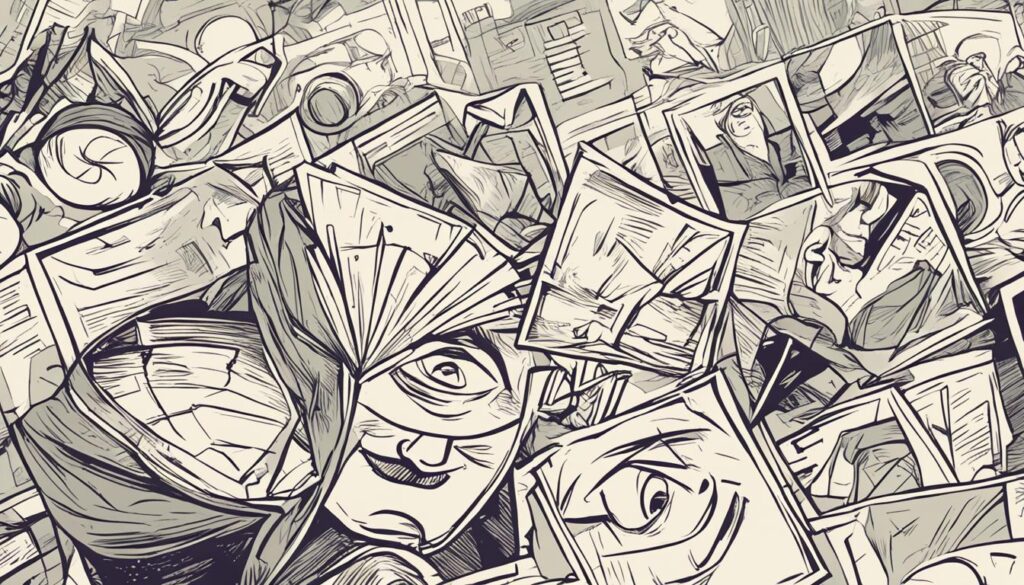
For those battling with depression, the path to recovery can feel daunting, but it is essential to remember that there is help and hope available. Seeking professional support, engaging in self-care activities, and cultivating a strong support network can all play a vital role in the journey towards healing and reclaiming a sense of purpose and joy in life.
Loneliness: “I’m Tired of Feeling Like No One Understands Me”
Exhaustion can often lead to a profound sense of isolation and disconnection, as captured by the quote “I’m tired of feeling like no one understands me.” This yearning for genuine connection and emotional support is a common theme among individuals struggling with chronic tiredness. When the longing for understanding remains unmet, it can create a heavy burden of miscommunication, further exacerbating feelings of loneliness and diminished self-worth.
The Yearning for Connection
As the weight of exhaustion takes its toll, many individuals find themselves craving meaningful connections with others. The desire to be seen, heard, and validated can become a driving force, but the energy required to build and maintain these relationships can feel out of reach. This cycle of loneliness and fatigue can leave people feeling increasingly isolated, amplifying the sense of being misunderstood.
The Burden of Miscommunication
When exhaustion sets in, the ability to effectively communicate one’s needs and feelings can become a challenge. Misunderstandings arise, and the burden of explaining one’s situation can become overwhelming. This breakdown in communication can further contribute to feelings of loneliness, as individuals struggle to convey the depth of their experience to those around them. The inability to find the right words or to articulate their needs can leave them feeling increasingly alone in their struggle.
The impact of loneliness on self-worth cannot be overstated. As the sense of connection and understanding dwindles, individuals may find themselves questioning their own value and worth. This erosion of self-esteem can further compound the emotional toll of exhaustion, creating a vicious cycle that is difficult to break free from.
“I’m so tired of feeling like no one gets me. I just want someone to understand what I’m going through and be there for me.”
Overcoming the loneliness that often accompanies chronic exhaustion requires a multifaceted approach. Seeking out emotional support, cultivating meaningful connections, and learning to effectively communicate one’s needs can all play a crucial role in alleviating the burden of isolation. By addressing the root causes of loneliness and finding ways to feel heard and understood, individuals can begin to reclaim their sense of self-worth and find respite from the relentless weight of tiredness.
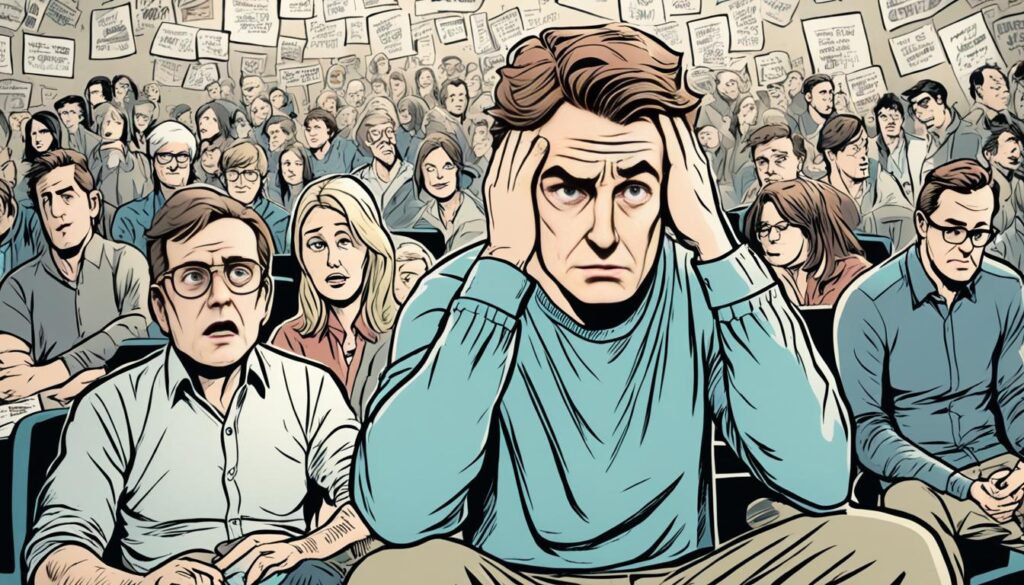
Frustration: “I’m Tired of Being Taken for Granted”
Have you ever felt like your tireless efforts and unwavering dedication are simply taken for granted? The sentiment “I’m tired of being taken for granted” is a common cry of frustration shared by many who feel their contributions and boundaries are consistently disregarded. This deep sense of unrecognized efforts can lead to a depletion of energy, a diminished sense of self-worth, and a growing resentment towards those who fail to appreciate the true value you bring.
Unrecognized Efforts
It’s disheartening when your hard work, long hours, and countless sacrifices go unnoticed or underappreciated. Whether it’s at your workplace, within your personal relationships, or in your broader social circle, the constant feeling of being overlooked can be emotionally exhausting. You may find yourself questioning your worth and wondering if your tireless efforts even matter to those around you.
Disregarded Boundaries
Alongside the frustration of unrecognized efforts, the repeated disregard of your personal boundaries can further compound the sense of being taken for granted. When your needs, preferences, and limits are consistently dismissed or disrespected, it can lead to a deep sense of frustration and a desire to finally take a stand. Reclaiming your autonomy and demanding the respect you deserve becomes a necessary step in restoring a sense of balance and self-worth.
The “I’m tired” quotes that express this frustration serve as a poignant reminder of the importance of acknowledging and honoring the contributions and boundaries of those around us. By fostering a culture of mutual respect and appreciation, we can create an environment where everyone feels valued and empowered to bring their best selves to the table.
“I’m tired of always being the one who has to compromise. It’s time for others to start respecting my boundaries.”

Overcoming the frustration of being taken for granted requires a delicate balance of self-advocacy, clear communication, and a willingness to set firm boundaries. By voicing your needs and standing up for yourself, you take an important step towards reclaiming your sense of worth and restoring the balance in your relationships. Remember, you deserve to be recognized, respected, and valued for the unique individual you are.
The Many Facets of Tiredness
Tiredness is a multifaceted experience, encompassing physical, mental, and emotional components. While the physical and mental aspects of fatigue have long been recognized, the emotional toll of exhaustion is often overlooked. Emotional exhaustion can be a significant contributor to feelings of tiredness, as individuals grapple with the depletion of their emotional reserves.
This emotional depletion can lead to a diminished sense of self-worth, as individuals may start to question their own value and significance. “I’m tired” quotes that touch on these themes highlight the complex nature of fatigue and the importance of addressing the emotional aspects of exhaustion, in addition to the physical and mental ones.
Emotional Exhaustion
A sedentary lifestyle, coupled with the demands of modern life, can contribute to increased feelings of tiredness among individuals. Regular physical activity is essential for boosting blood circulation, aiding in detoxification processes, and stimulating the production of energy-promoting hormones. Additionally, diet and nutritional choices significantly impact energy levels, with sugary snacks providing quick energy surges but often followed by crashes.
Continuous digital overstimulation and multitasking can also strain cognitive resources, leading to mental exhaustion and negatively impacting sleep quality. Chronic stress from various sources can cause emotional exhaustion, further contributing to overall tiredness.
Diminished Self-Worth
Emotional labor, managing and suppressing emotions to meet social or occupational expectations, can deplete emotional reserves and lead to a diminished sense of self-worth. Unresolved emotional issues, such as past traumas, can also drain energy and result in prolonged fatigue.
Chronic anxiety and overthinking can further exacerbate the issue, leading to both mental and physical tiredness. Underlying conditions like chronic fatigue syndrome and sleep disorders can also impact mental well-being and contribute to persistent fatigue.
Addressing the various facets of tiredness, including the emotional aspects, is crucial for finding effective strategies to overcome chronic fatigue. Practices like meditation can enhance self-awareness, improve sleep quality, and alleviate emotional exhaustion, ultimately supporting a healthier and more energized lifestyle.

Burnout Quotes: When Exhaustion Lingers
When feelings of tiredness persist and intensify over an extended period, it may be a sign of burnout. “Burnout quotes” capture the experience of reaching a breaking point, where the relentless demands of work, life, or other commitments have taken a severe toll. These quotes serve as a sobering reminder of the importance of recognizing the signs of burnout and taking proactive steps to address it, such as implementing effective stress management techniques and prioritizing self-care.
According to recent surveys, 52 percent of employees polled revealed feelings of burnout, and 67 percent of those employees felt that burnout has worsened since the COVID-19 pandemic began. As the chronic exhaustion and stress continue to mount, it’s crucial to heed the wisdom found in these burnout quotes and take action to restore balance and well-being.
“The greatest weapon against stress is our ability to choose one thought over another.” – William James
Overcoming burnout requires a holistic approach to restore physical, mental, and emotional well-being. The Mayo Clinic suggests reaching out to a mental health professional if experiencing overwhelming burnout symptoms, as they can provide valuable guidance and support.
- Prioritize self-care activities such as exercising, practicing mindfulness, and getting adequate rest.
- Set clear boundaries and learn to say “no” to avoid taking on more than you can handle.
- Seek out a support system, whether it’s friends, family, or a trusted mentor, to help you navigate the challenges of burnout.
As you navigate the complex journey of overcoming burnout, draw strength and inspiration from the words of those who have walked this path before you. Embrace the empowering message of these burnout quotes and take the first step towards reclaiming your well-being.
“Burnout is nature’s way of telling you you’ve been going through the motions. Protect the flame, stop the burnout.” – Terri Guillemets

Conclusion: Finding Solace in Shared Experiences
The powerful “I’m tired” quotes featured throughout this article resonate deeply, providing a powerful means of expressing the universal experience of exhaustion. By acknowledging and sharing these sentiments, you can find solace in the knowledge that you are not alone in your struggles. These quotes serve as a reminder that feelings of tiredness, whether physical, mental, or emotional, are a common human experience.
By recognizing and validating these shared experiences, you can take steps to address the root causes of your exhaustion and implement self-care strategies to regain your energy and vitality. The power of these relatable quotes lies in their ability to foster a sense of community and provide a starting point for your journey towards overcoming chronic fatigue.
As you continue to navigate the ups and downs of life, remember that the comfort found in these shared experiences can be a powerful tool for personal growth and resilience. Embrace the knowledge that you are not alone, and let these quotes inspire you to take control of your wellbeing and find the strength to overcome the weight of the world.
